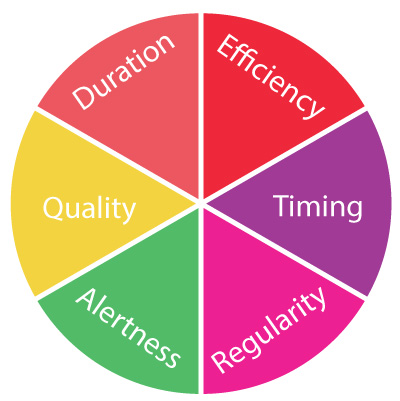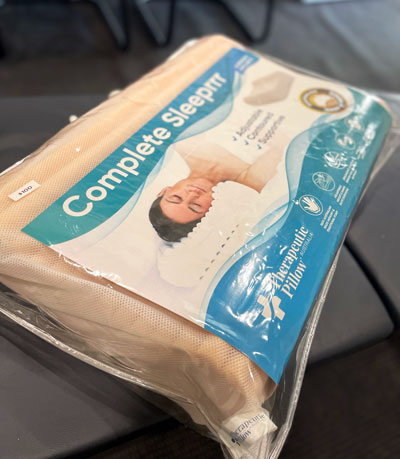Sleep Smarter, Live Better: World Sleep Day 2024
Posted Friday, Mar 15, 2024 by . Filed under General
We all know how important sleep is, yet many still underestimate the profound impact on our overall health and well-being it can have.
Are we getting enough sleep?
Sleep is essential to health
Sleep is a critical part of our health, like nutrition and physical activity. Benefits of sleep include:
- helps support memory and learning
- helps clear waste from the brain and promote brain health
- supports brain health, and brain health supports sleep
- supports immune health, and immune health supports sleep
- helps the immune system to clear bacteria and viruses
- helps to recycle old cells and maintain our bodies and energy levels

Sleepless Nights, Health Crisis
Let's look at sleep in another way, poor sleep health can have multiple significant impacts on human health:
Poor sleep as been linked to:
- obesity,
- diabetes
- coronary artery disease, and
- cardiovascular mortality
Poor sleep can lower immune response, creating greater susceptibility to infections that further reduce sleep quality.
Certain sleep disorders like obstructive sleep apnea and rapid eye movement sleep behaviour disorder are associated with:
- cognitive impairment,
- dementia,
- risk of seizures,
- and increased risk of stroke.
Poor sleep can result in reduced reaction times, impaired judgment, and cognitive impairment similar in effect to alcohol intoxication.
Drowsiness can impair safe driving even if the driver does not fall asleep.

Are You Achieving High-Quality Sleep?
One of the world sleep day organisations key messages this year is talking about "healthy sleep" and not just getting "enough sleep".
There are six dimensions that affect sleep health and consequently overall health and wellbeing:
- Duration: how much did you sleep over 24 hours
- Efficiency: how well do you fall asleep and stay asleep?
- Timing: when do you sleep?
- Regularity: do you have consistent sleep and wake times?
- Alertness: do you maintain good focus and attention during waking hours?
- Quality: do you feel satisfied with your sleep?

Our role in healthy sleeping
At Brunswick Chiropractic, we recognize the paramount importance of sleep in maintaining optimal health and well-being.
Our practitioners take a comprehensive approach to health and wellness, addressing both physical and lifestyle factors that can affect sleep.
Taking care of your aches and pains
Musculoskeletal disturbances can lead to discomfort and tension that may interfere with sleep. By correcting these issues, our practitioners aim to alleviate pain and promote relaxation, in order to facilitate better sleep.
Stress reduction
Our practitioners use multiple techniques (such as spinal manipulation and soft tissue therapy), which may help reduce stress levels. Chronic stress often contributes to sleep disturbances, so by addressing tension and promoting relaxation, we aid in calming the nervous system, making it easier to fall asleep and stay asleep.

Improving Sleep Posture
Poor sleep posture can strain muscles and exacerbate spinal misalignments, leading to discomfort and disrupted sleep.
We offer guidance on maintaining proper sleep posture and may recommend supportive pillows to promote spinal alignment and reduce pressure points, resulting in more restful sleep.
Lifestyle Advice
Our practitioners provide holistic guidance on lifestyle factors that impact sleep, such as diet, exercise, and stress management. They may offer recommendations for relaxation techniques, ergonomic adjustments, and sleep hygiene practices to optimize sleep quality and promote overall well-being.

